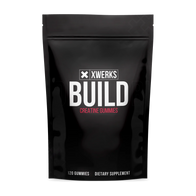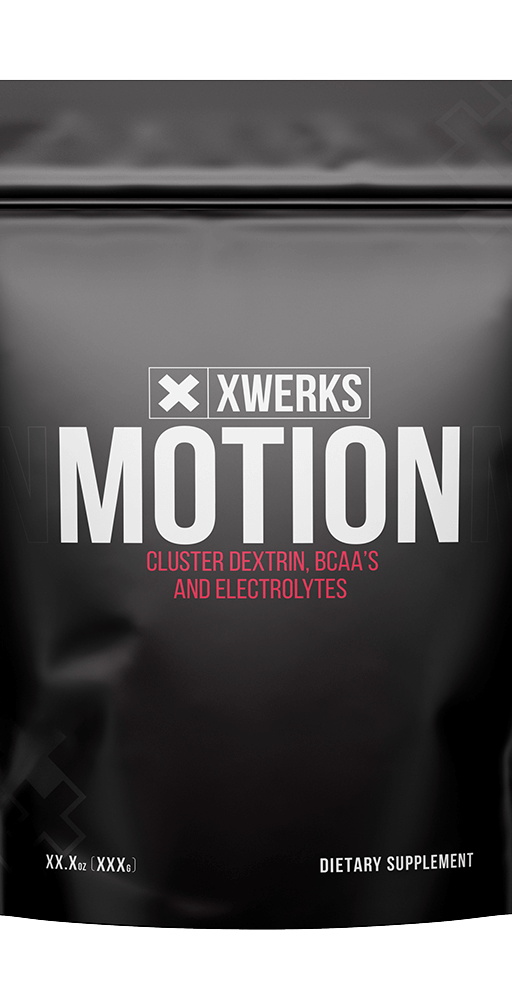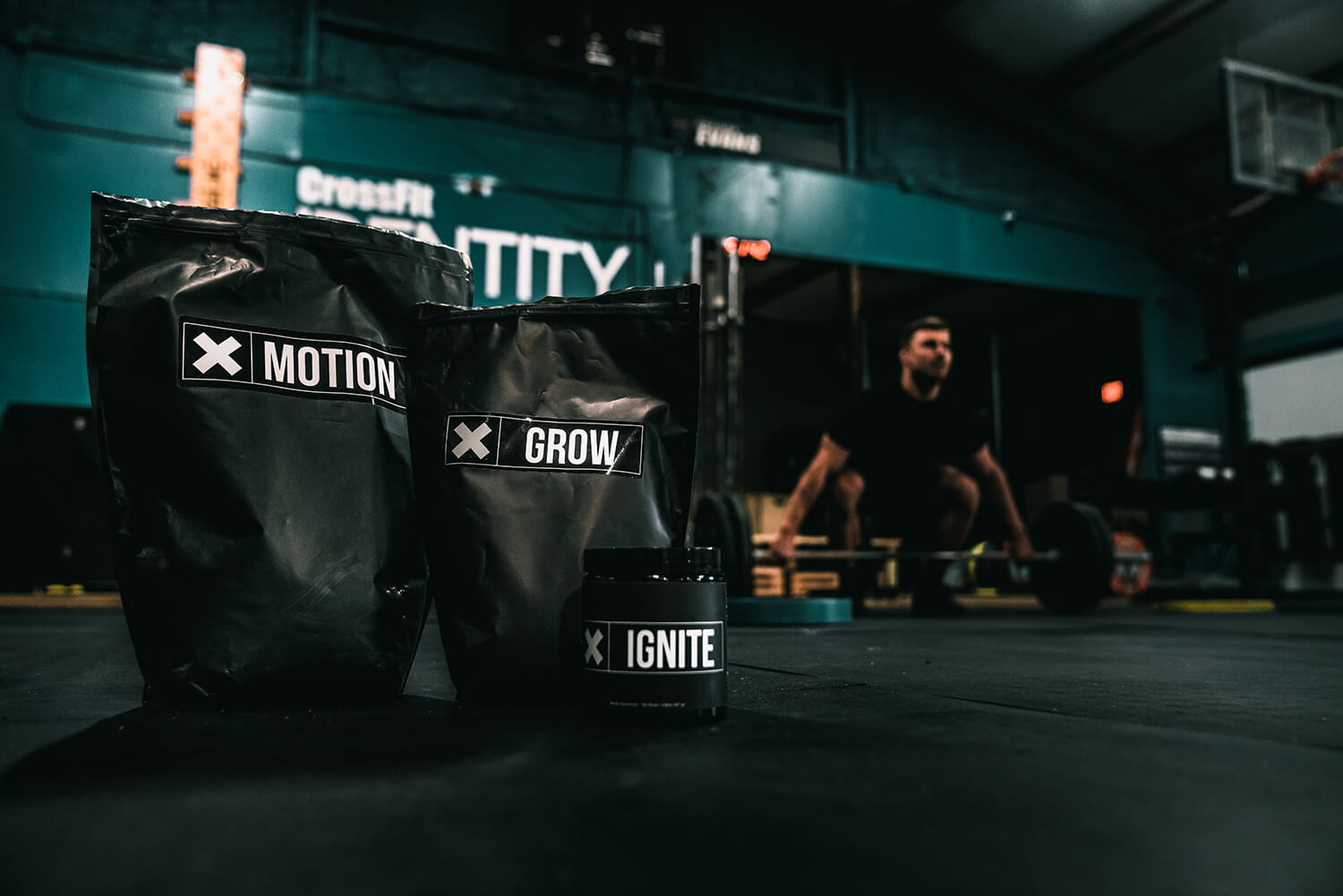If you are into fitness or you are an athlete trying to improve your muscle density and shape, then you have surely heard of branched-chain amino acids, popularly known as BCAAs. Considered as the best supplement to build muscle mass and reduce body fat without losing any muscle density, BCAAs are the main ingredient in several workout supplements and quite popular among bodybuilders and athletes.
What Are BCAAs?
There are mainly 9 essential amino acids required by our body; however, these amino acids are not produced by the body and must be obtained from our diet or via supplementation. Of the 9 essential amino acids, leucine, isoleucine and valine are known as BCAAs (branched-chain amino acids) and are different from the rest, as the molecular structure of these amino acids are branched.
How Do BCAAs Work?
BCAAs comprise a very large portion of the amino acids and account for around 35-40% of all the essential amino acids in the body and around 14-18% of the amino acids present in the muscles.
BCAAs are mainly broken down in the muscles, unlike most of the other amino acids, which are broken down in the liver and this is the key to BCAAs playing an important role in the production of energy during exercise. Apart from this, BCAAs have other important functions in the body. The body uses the BCAAs as building blocks not only for muscle but for protein synthesis too. By preserving the sugar stores in the liver and the muscles and stimulating the cells to use up the sugar from the bloodstream, BCAAs may play a vital role in the regulation of blood sugar levels in the body. And, when you exercise, BCAAs help to reduce the serotonin produced in the brain, which in turn can help to reduce fatigue during exercise.
Of the 3 types of BCAAs, it is believed that leucine has the most impact on the capacity of the body in muscle building, while, isoleucine and valine help to produce energy and regulate the blood sugar levels in the body.
Advantages of BCAAs
Improves Exercise Performance
When you exercise, the amino acids are utilized by the body and the levels of BCAAs get depleted very quickly. BCAA supplementation has shown great benefit in helping to reduce fatigue while you exercise. A report published in JSSM (Journal of Sports Science and Medicine) showed that BCAAs helped to boost exercise performance of endurance athletes by suppressing the production of serotonin by the brain, which causes lethargy, tiredness and fatigue while exercising. Another study reveals that BCAAs can help to lower exertion during exercise by around 7% and mental fatigue by around 15%.
A study also shows that BCAA supplementation can help to boost the mental performance of athletes and there was also an improvement in the running times of slow running athletes. Another study revealed that BCAA supplementation helped to increase muscle strength in males compared to other supplements such as carbohydrate and whey protein supplements.
Reduces Muscle Soreness
BCAAs can help to reduce the muscle soreness you may experience after a workout. BCAAs also boosts the synthesis of protein and helps to decrease the breakdown of the muscle protein. According to the JISSN (Journal of the International Society of Sports Nutrition), when BCAAs are taken before and after resistance training, it helps to reduce muscle damage and also hastens recovery.
BCAAs lower the levels of the enzymes lactate dehydrogenase and creatine kinase in the blood, which cause muscle damage and by lowering these enzymes, the recovery may be improved and also provide protection against muscle damage. Consuming BCAA supplements have also shown to lower levels of DOMS (delayed-onset muscle soreness) in women.
An animal study revealed that leucine helped to prevent excessive inflammation, thereby accelerating the recovery from muscular damage. Participants of several studies who were given BCAAs and asked to rate the levels of muscle soreness after strength training and endurance exercises, rated their levels of soreness to be around 33% lower than those that were given placebos. Some of the participants performed around 20% better when they repeated the strength training exercises after 24-48 hours when they were given BCAAs. However, it was seen that the effects of BCAA depend mainly on the protein content in your diet and also on the gender.
Helps to Build Muscle Mass
A lot of people, especially those in bodybuilding, use BCAA supplements to increase muscle mass as studies reveal that BCAAs activate enzymes which are responsible for building muscle and also reduce muscle breakdown. According to the Journal of Nutrition, supplements containing higher levels of leucine are particularly seen to be effective in building muscle. BCAA supplementation may also be beneficial for those who experience muscle wastage due to age or illness.
Helps to Improve Breathing
BCAA supplements can help in improving overall respiration and helps to decrease the carbon dioxide levels by 9%, which usually increases when exercising. It also helps to increase the oxygen intake by around 19%. BCAAs also enables the body to receive and process oxygen at higher rates.
Improves Liver Health
BCAAs can help people with liver disease. It helps to increase nutrition and sleep and also reduces fatigue in patients suffering from liver cirrhosis. A study revealed that BCAA supplementation in patients suffering from liver cirrhosis and hepatitis helped to increase the albumin level in the blood that helps to treat both the diseases. BCAAs are also used in patients suffering from liver diseases to restore and preserve the muscle mass and also improve hepatic encephalopathy (a complication caused due to liver disease).
Improves Kidney Health
BCAAs help to reduce the risk of kidney failure by around 40% and decrease the risk of kidney damage by increasing the levels of amino acids without increasing the protein consumption. It also helps to improve nutrition and appetite in patients undergoing dialysis.
Prevents Heart Failure
Animal studies show that BCAA supplements helped to improve functions such as decreased heart rate, weight loss and increased heart function, survival time and mitochondrial function after inducing cardiac cachexia and heart failure in rats. In human beings, BCAAs help to break down the deficiencies which increase the risk of heart disease.
May Boost Weight Loss
BCAAs can help to boost weight loss and prevent weight gain. Studies reveal that people consuming 15 grams of BCAAs have a 30% lesser risk of becoming obese or overweight. So, if you are trying to lose weight, consuming BCAA supplements can help to burn extra fat effectively. A study revealed that wrestlers who consumed a low-calorie, high-protein diet with BCAA supplements lost 3.5 pounds and 0.6% body fat more than wrestlers who consumed the same number of calories, less protein and a soy-protein supplement. Another study revealed weightlifters who consumed 14 grams of BCAAs daily lost 1% more of body fat in an 8-week period and also gained 4.4 pounds more muscle compared to those who consumed 28 grams of whey protein daily.
May Lower Blood Sugar Levels
BCAAs may help to regulate blood sugar levels. Leucine and isoleucine help to increase the secretion of insulin and causes the muscles to absorb sugar from the blood and as a result, lowering the blood sugar levels. However, this may be applicable in only certain cases and more studies are needed to support this. In fact, in some cases, consumption of BCAA supplements along with a high-fat diet could lead to insulin resistance.
Best Food Sources of BCAAs
Several protein-rich foods are fantastic sources of BCAAs which include:
- Meat
- Fish
- Poultry
- Milk and cheese
- Beans and lentils
- Tofu and tempeh
- Eggs
- Pumpkin seeds
- Quinoa
- Nuts
An excellent source of BCAAs is whey protein, which also has the highest concentration of leucine. Typically, the leucine requirement is around 1-3 grams per day. However, in order to optimize the anabolic pathway for growth and repair of the muscles, you require around 8-16 grams of leucine per day.
A 3 oz. serving of whey protein has around 8 grams of leucine, which is probably why whey protein helps to stimulate muscle protein synthesis. It is probably also why it is considered the perfect fitness food and is usually consumed before or after a workout.
A study in the MSSE journal (Medicine and Science in Sports & Exercise) revealed that amino acids present in high-quality whey protein also activates cellular mechanisms known as mTORC-1. This, in turn, boosts the thyroid function, promotes synthesis of muscle protein and also protects the testosterone levels from declining after a workout.
However, you must always ensure that the whey protein that you are consuming is of the highest quality and that the supplement is obtained from grass-fed, organically raised raw cow milk. This ensures that the whey protein is GMO-free and also free from hormones and pesticides. The whey protein should be cold processed, as the delicate molecular structure of the whey is destroyed by heat.
Recommended BCAA Dosage
If you plan to consume BCAA supplements, then the amount you require depends on your individual requirements, exercise and health goals. According to a recent research, the daily BCAA requirement can be as high as around 65 mg per pound of body weight and healthy adults must consume:
-
Men: Minimum of 12 grams of BCAAs daily.
-
Women: Minimum of 9 grams of BCAAs daily.
If your diet comprises protein-rich foods, then there is no need to take any supplements; however, if you are an athlete or into heavy resistance training, in such cases, having BCAA supplements in doses ranging between 10-20 grams daily can be beneficial. Also, the best time to take BCAA supplements is just before or after your workout and if you’re trying to gain muscle, then taking these supplements in the morning and before going to bed is also beneficial.
Safety of BCAAs
Usually, BCAA supplements are quite safe and do not have any side effects. Generally, consumption of BCAAs between 15-35 grams daily is considered safe. However, the consumption of BCAAs should be limited for people suffering from Lou Gehrig’s disease or ALS or those suffering from maple syrup urine disease, which is a rare congenital disorder, as the bodies cannot process and break down the BCAAs properly.
BCAA supplements can provide several health benefits, especially when you are looking at boosting physical performance and improvement in muscle growth. The best part is that BCAAs are present in several types of protein-rich foods that you can get via your diet naturally. Or, they can be got by consuming protein supplements. So, consuming BCAA supplements is not really a necessity, but is a great add-on if you’d like to maximize your workouts and reap the several other benefits of BCAAs.






















